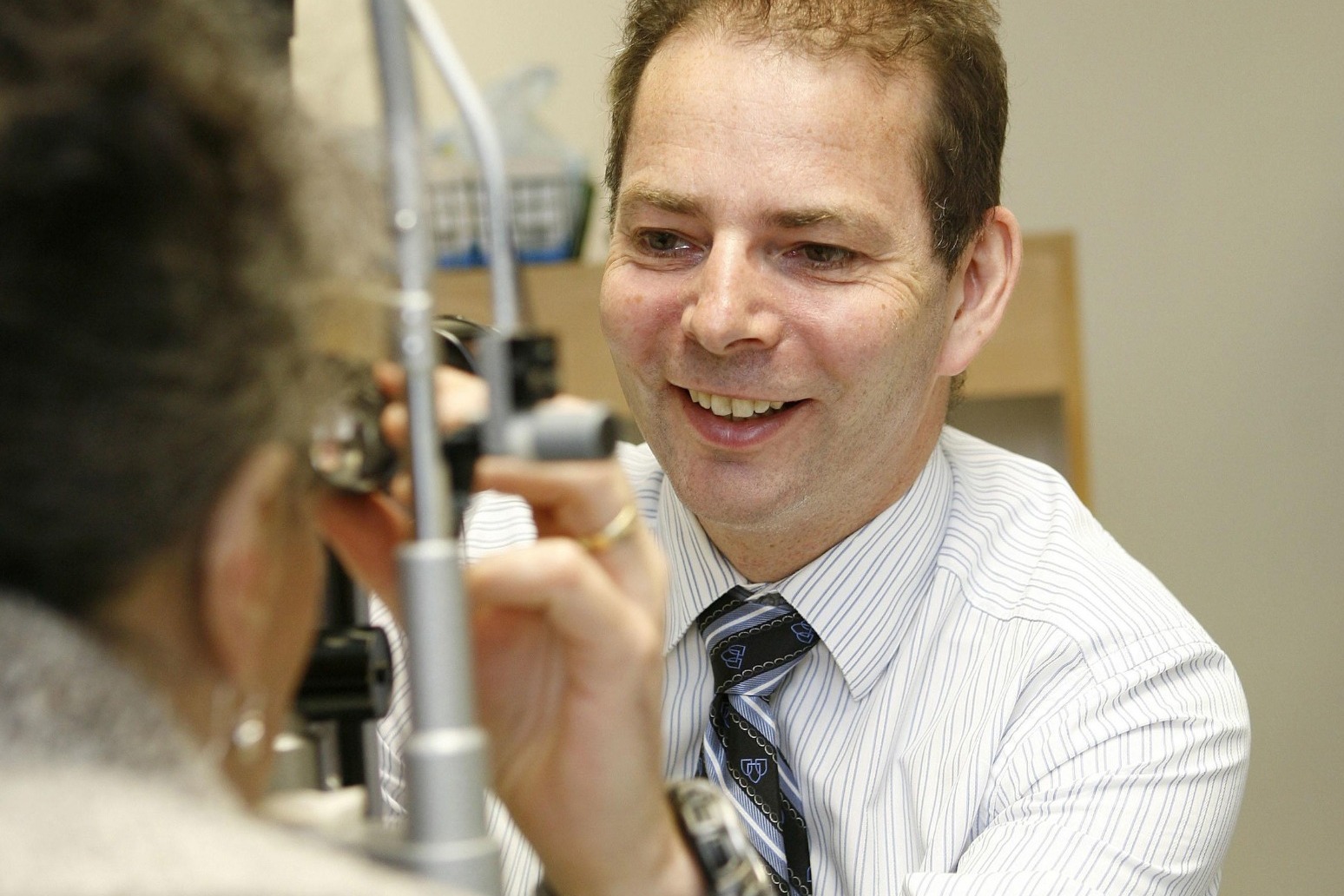
Drug used for eye condition has no benefit, study claims
Medical researchers have found that a drug used widely to treat a common eye condition has "no benefit" and say it should no longer be used. Eplerenone, which is primarily used to treat heart failure, is currently offered widely by ophthalmologists as a treatment for central serous chorioretinopathy (CSCR).
Professor Andrew Lotery, a consultant ophthalmologist at University Hospital Southampton (UHS), has carried out a £1 million trial of the use of the drug for CSCR and the results, published in The Lancet, show there was no benefit compared to a placebo.
CSCR causes fluid to accumulate under the retina and can lead to vision loss in up to a third of patients.
A UHS spokesman said: "It is the fourth most common retinal disease and affects 10 in 100,000 men and two in 100,000 women mainly in their 30s and 40s.
"Eplerenone, which is one of a group of drugs that decrease the activity of hormones that regulate salt and water in the body, was found to improve vision in a small number of patients in early-stage research.
"However, it is also associated with side effects including raised potassium levels, which can affect heart rhythm, and a decrease in blood pressure."
Mr Lotery said: "Despite a lack of robust clinical trial evidence, eplerenone and other similar drugs are widely used by ophthalmologists as first-line therapy for the treatment of CSCR.
"However, as these drugs can have side effects such as hyperkalaemia, which causes a rise in potassium and can affect heart rhythm, it was important to the NHS that we determine efficacy and safety.
"After a year of follow-up, this study found no benefit of treating patients with eplerenone compared to those patients that took a placebo tablet.
"This is an important practice-changing finding and should prompt ophthalmologists to stop treating CSCR with eplerenone, instead opting to participate in future trials of other potential interventions."
The trial was funded by the Medical Research Council and National Institute for Health Research Efficacy and Mechanism Evaluation (EME) Programme, and involved 111 patients at 22 sites across the UK receiving either the medication or an identical placebo tablet for up to 12 months.
Published: by Radio NewsHub